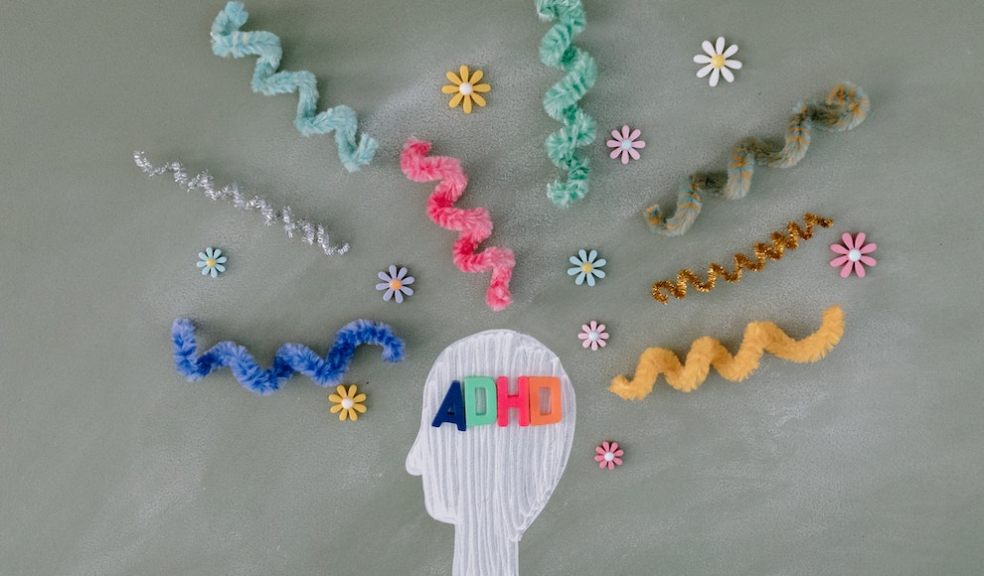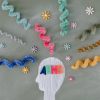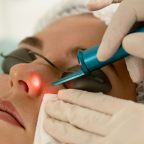
Why Are So Many Women Being Diagnosed with ADHD?
ADHD (attention deficit hyperactivity disorder) has often been associated with boys of junior or secondary school age. Traits including fidgeting, struggling to remain focussed and finding it difficult to manage emotions are common in boys with ADHD but there has been a sharp increase in the number of girls and women being diagnosed with ADHD in recent years.
Greater Awareness
One of the reasons more females are being diagnosed with ADHD is that there is a greater awareness of the differences between ADHD in males and females. The traditional image of someone who is boisterous, loud and can’t sit still (hyperactive/impulsive ADHD) does not correlate with how ADHD presents in females. A deeper understanding of ADHD is leading to women who were not diagnosed with ADHD as children seeking a diagnosis in adulthood.
Signs of ADHD in Females
While most males with ADHD have hyperactive/impulsive ADHD, females are more likely to have inattentive ADHD. Females with ADHD are more likely to be forgetful or daydreamy and struggle to listen and retain information. This manifests through a lack of eye contact and being easily distracted. They may also struggle with organisational skills which may be mistaken for scattiness and an overactive brain that never seems to switch off.
The Effects of Undiagnosed ADHD
Undiagnosed ADHD has been linked to a higher risk of developing poor mental health. As well as anxiety and depression, ADHD can affect a person’s ability to get or keep a job which then has knock-on effects of low self-confidence, financial instability and physical health. Relationships with friends or family may also be under strain, especially if people don’t know how ADHD affects communication. This is why a diagnosis is so often seen as a breakthrough – because it can positively impact every part of a person’s life.
What to Do If You Think You Have ADHD
While women have been underdiagnosed for a long time, there are also males who have shown signs of ADHD throughout their life but never been given a formal diagnosis. For many of these adults, an ADHD adult assessment is a milestone moment which gives a greater understanding of why they behave and interact in the way they do. For others, it is the first step towards finding coping strategies such as talking therapies and/or starting medications that makes life easier.
Going to see a GP is often a first port of call, but the NHS waiting lists are known for being long, especially since the pandemic. A private ADHD assessment is a much speedier alternative, taking weeks rather than years. The ADHD assessment is a thorough process that looks at childhood experiences as well as how symptoms affect everyday life in the present and uses a diagnostic tool. The assessment interview takes two hours and information and advice is given after the assessment.
If you think you have ADHD, an assessment could be the start of a new chapter – a life-changing moment that allows you to better understand yourself and the world around you.



















